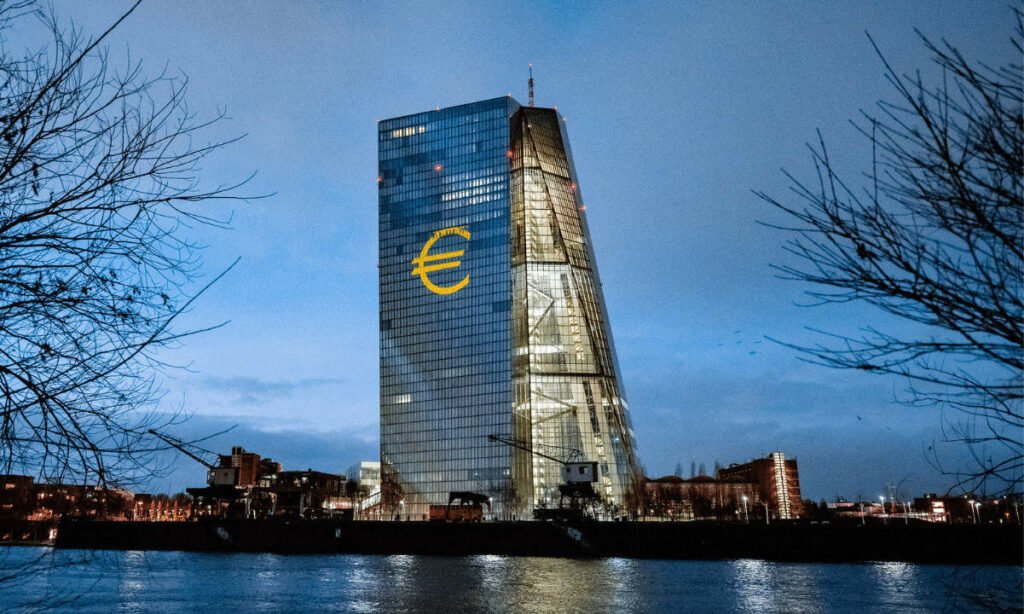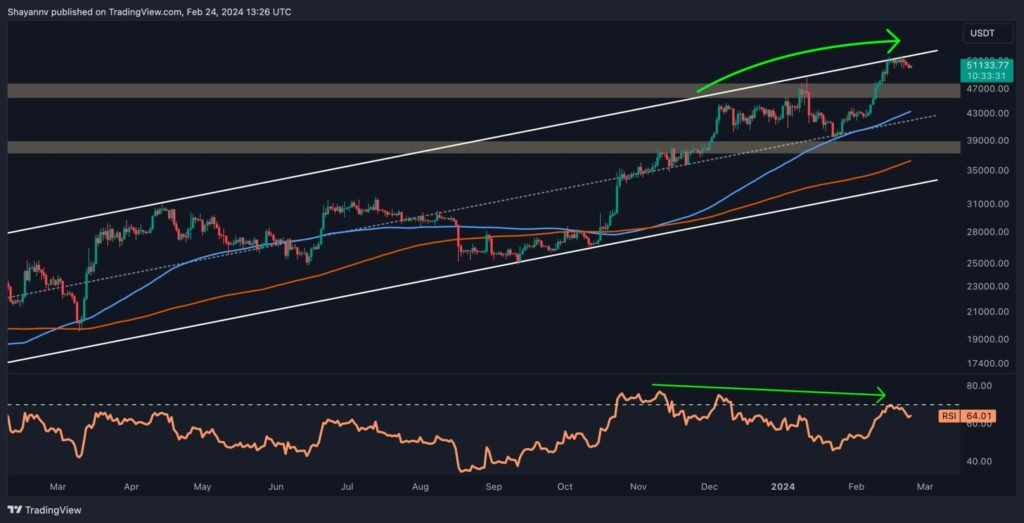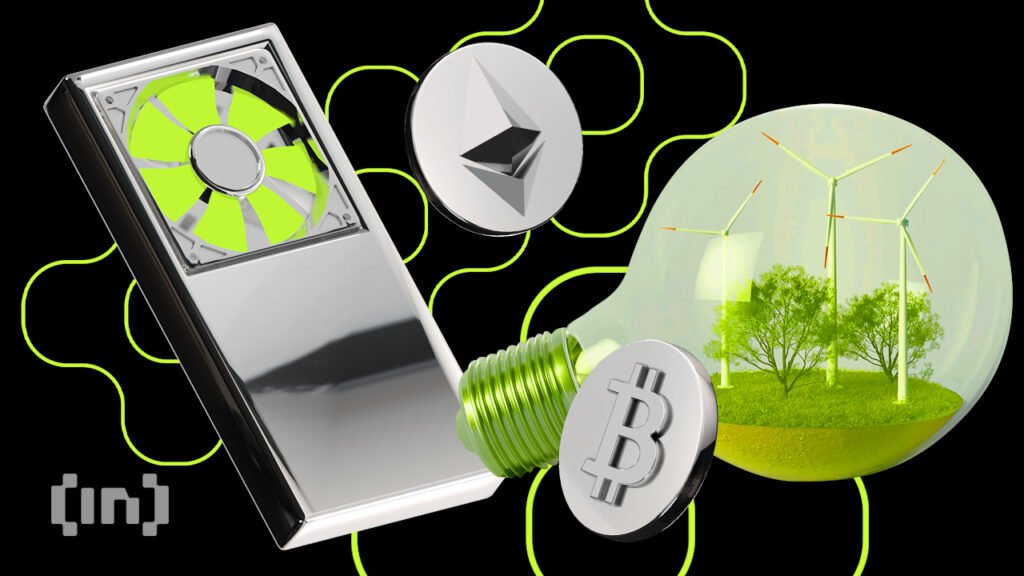There’s No Good Reason to Trust Blockchain Technology

white paper that first proposed bitcoin, the anonymous Satoshi Nakamoto concluded with: “We have proposed a system for electronic transactions without relying on trust.” He was referring to blockchain, the system behind bitcoin cryptocurrency. The circumvention of trust is a great promise, but it’s just not true. Yes, bitcoin eliminates certain trusted intermediaries that are inherent in other payment systems like credit cards. But you still have to trust bitcoin—and everything about it.
WIRED OPINION
ABOUT
Bruce Schneier is a security technologist who teaches at the Harvard Kennedy School. He is the author, most recently, ofClick Here to Kill Everybody: Security and Survival in a Hyper-Connected World.
Much has been written about blockchains and how they displace, reshape, or eliminate trust. But when you analyze both blockchain and trust, you quickly realize that there is much more hype than value. Blockchain solutions are often much worse than what they replace.
First, a caveat. By blockchain, I mean something very specific: the data structures and protocols that make up apublicblockchain. These have three essential elements. The first is a distributed (as in multiple copies) but centralized (as in there’s only one) ledger, which is a way of recording what happened and in what order. This ledger is public, meaning that anyone can read it, and immutable, meaning that no one can change what happened in the past.
The second element is the consensus algorithm, which is a way to ensure all the copies of the ledger are the same. This is generally called mining; a critical part of the system is that anyone can participate. It is also distributed, meaning that you don’t have to trust any particular node in the consensus network. It can also be extremely expensive, both in data storage and in the energy required to maintain it. Bitcoin has the most expensive consensus algorithm the world has ever seen, by far.
Finally, the third element is the currency. This is some sort of digital token that has value and is publicly traded. Currency is a necessary element of a blockchain to align the incentives of everyone involved. Transactions involving these tokens are stored on the ledger.
Private blockchains are completely uninteresting. (By this, I mean systems that use the blockchain data structure but don’t have the above three elements.) In general, they have some external limitation on who can interact with the blockchain and its features. These are not anything new; they’re distributed append-only data structures with a list of individuals authorized to add to it. Consensus protocols have been studied in distributed systems for more than 60 years. Append-only data structures have been similarly well covered. They’re blockchains in name only, and—as far as I can tell—the only reason to operate one is to ride on the blockchain hype.
All three elements of a public blockchain fit together as a single network that offers new security properties. The question is: Is it actually good for anything? It’s all a matter of trust.
Trust is essential to society. As a species, humans are wired to trust one another. Society can’t function without trust, and the fact that we mostly don’t even think about it is a measure of how well trust works.
The word “trust” is loaded with many meanings. There’s personal and intimate trust. When we say we trust a friend, we mean that we trust their intentions and know that those intentions will inform their actions. There’s also the less intimate, less personal trust—we might not know someone personally, or know their motivations, but we can trust their future actions. Blockchain enables this sort of trust: We don’t know any bitcoin miners, for example, but we trust that they will follow the mining protocol and make the whole system work.
Most blockchain enthusiasts have a unnaturally narrow definition of trust. They’re fond of catchphrases like “in code we trust,” “in math we trust,” and “in crypto we trust.” This is trust as verification. But verification isn’t the same as trust.
In 2012, I wrote a book about trust and security,Liars and Outliers. In it, I listed four very general systems our species uses to incentivize trust
Be the first to write a comment.







